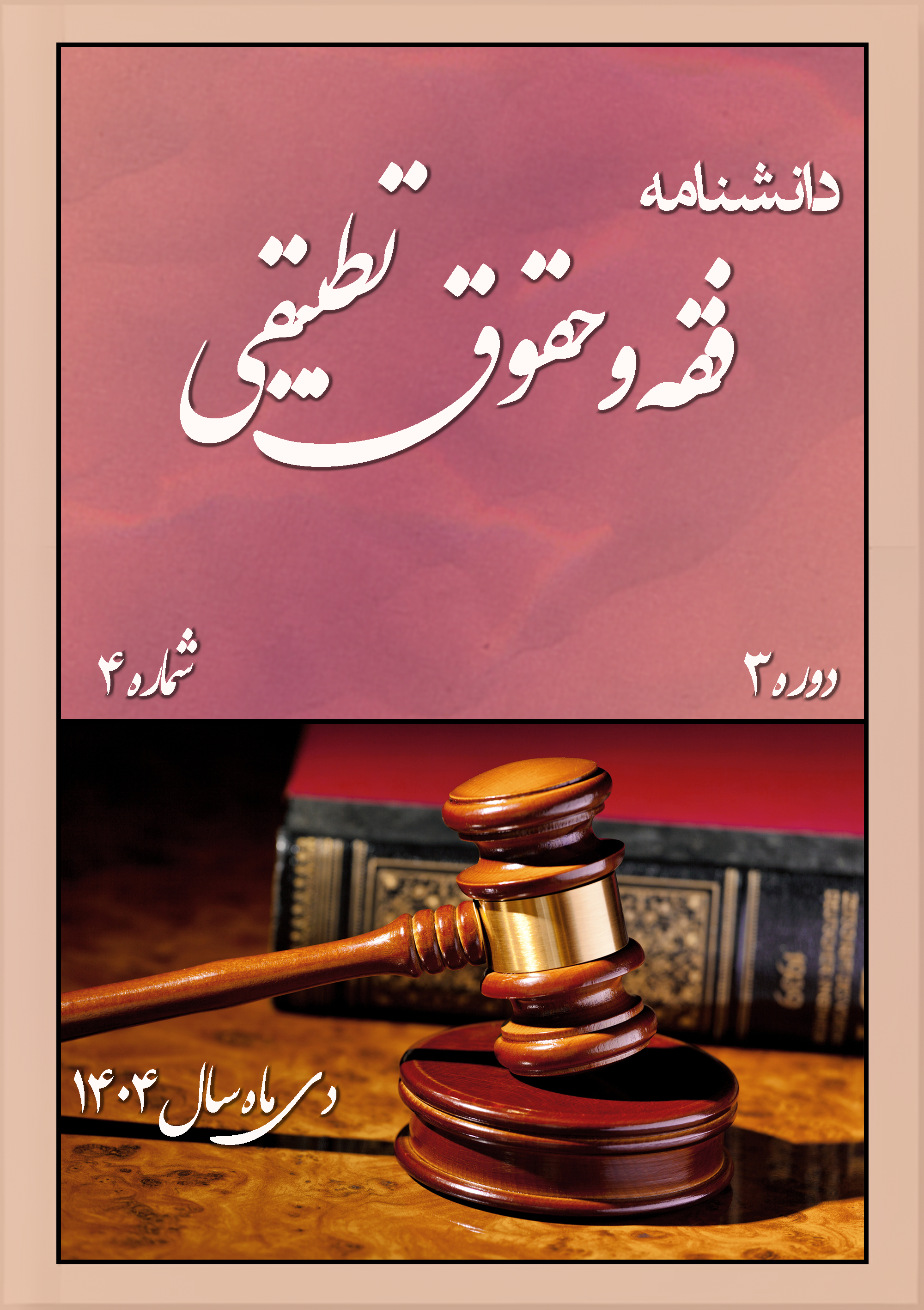Examination of Legal Theories on the Nature of International Commercial Arbitration with an Approach to the Source of the Arbitrator’s Authority
Keywords:
arbitrator’s authority, nature of international commercial arbitration, territorial theory, jurisdictional theory, delocalisation theoryAbstract
The institution of arbitration is a universal establishment rooted in the agreement between the parties and must be administered and organized in accordance with the principles of contract. However, determining the nature of this institution has always been subject to significant challenges and divergent views among scholars in this field. The arbitration agreement, over the past two decades, has increasingly been recognized as an ambiguous phenomenon in the procedural relations of arbitral disputes, which has led to the development of various theories to explain its nature. The primary source of ambiguity lies in the origin of the arbitrators’ authority, with some scholars considering this authority to be “contractual” and others viewing it as “jurisdictional,” each carrying different implications and consequences. The present study seeks to examine judicial theories concerning international commercial arbitration. Specifically, the article aims to answer the question: how can the nature of the arbitration institution be accepted within the framework of judicial theories? In response to this question, the study advances the hypothesis that under the judicial theory, the arbitrator should be regarded as a “judge,” and arbitral awards should be deemed to have been issued by the national court.
Downloads
References
Almasi, N. A. (2019). Private International Law. Mizan Publications.
Amir Mozzi, A. (2014). International Arbitration in Commercial Disputes. Dadgostar Publishing.
Asouzu, A. A. (1995). A Threat to Arbitral Integrity. Journal of International Arbitration, 12(4). https://doi.org/10.54648/JOIA1995035
Gaillard, E. (1992). Transnational Rules in International Commercial Arbitration. Seminar held in Paris on 23 October 1992,
Habibi Mojandeh, M. (2019a). Foreign Investment Law: Reconciliation of Policy and Principles. Mofid University Press.
Habibi Mojandeh, M. (2019b). International Economic Law. Jungle Publications.
Habibi Mojandeh, M. (2019c). Principles of Public International Law. Mofid University Press.
Kleinheisterkamp, J. (2005). International Commercial Arbitration in Latin America. Oceana. https://global.oup.com/academic/product/international-commercial-arbitration-in-latin-america-9780379215366?cc=fr&lang=en&
Lane, P. M. M. (1994). The Appointment of an Arbitrator, Contract or Status? Arbitration and Dispute Resolution Law Journal.
Lew, J. D. M. (1978). Applicable Law in International Commercial Arbitration: A Study in Commercial Arbitration Awards. Oceana. https://books.google.com/books/about/Applicable_Law_in_International_Commerci.html?id=nRPEQgAACAAJ
Lew, J. D. M., Mistelis, L. A., & Kroll, S. M. (2003). Comparative International Commercial Arbitration. Kluwer Law International. https://books.google.com/books/about/Comparative_International_Commercial_Arb.html?id=b1OgnDQ2UnwC
Lionnet, K. (1999). The Arbitrators Contract. Arbitration International, 15(2). https://doi.org/10.1093/arbitration/15.2.161
Mann, F. A. (1986). Lex Facit Arbitrium. Arbitration International, 2(3), 241. https://doi.org/10.1093/arbitration/2.3.241
Mistelis, L. (2001). ADR in England and Wales. American Review of International Arbitration, 12. https://arbitrationlaw.com/library/adr-england-and-wales-vol-12-no-2-aria-2001
Mustill, M. J., & Boyd, S. C. (2001). Commercial Arbitration. Butterworths. https://books.google.com/books/about/Commercial_Arbitration.html?id=8rWSPQAACAAJ
Nikbakht, H. R. (2014). International Commercial Arbitration. Institute for Trade Studies and Research.
Onyema, E. (2010). International Commercial Arbitration and the Arbitrator's Contract. Routledge. https://doi.org/10.4324/9780203859919
Paulsson, J. (1981). Arbitration Unbound - Award Detached From the Law of its Country of Origin. International Comparative Law Quarterly, 30. https://doi.org/10.1093/iclqaj/30.2.358
Redfern, A., & Hunter, M. (1999). The Law and Practice of International Commercial Arbitration. Sweet & Maxwell. https://books.google.com/books/about/Law_and_Practice_of_International_Commer.html?id=V-aVzgEACAAJ
Rubino-Sammartano, M. (1992). Amiable Compositeur (Joint Mandate to Settle) and Ex Bono at Aequo (Discretional Authority to Mitigate Strict Law) Apparent Synonyms Revisited. Journal of International Arbitration, 9(1). https://doi.org/10.54648/JOIA1992001
Smith, M. (1992). Contractual Obligations Owed by and to Arbitrators: Model Terms of Appointment. https://doi.org/10.1093/arbitration/8.1.17
Solhchi, M. A., & Nejandi Monesh, H. (2012). Peaceful Settlement of International Disputes. Mizan Publishing.
Tang, H., & Wang, S. C. (1998). PR China. In J. Paulsson (Ed.), International Handbook on Commercial Arbitration Supp.
Webster, T. H. (2003). Party Control in International Arbitration. Arbitration International, 19(2). https://doi.org/10.1093/arbitration/19.2.119
Yu, H. L., & Sauzier, E. (2000). From Arbitrator's Immunity to the Fifth Theory of International Commercial Arbitration. International Arbitration Law Review, 3(4). https://www.stir.ac.uk/research/hub/publication/707675#details
Downloads
Published
Submitted
Revised
Accepted
Issue
Section
License
Copyright (c) 2025 مهدی طهرانی, لیلا باجلان (نویسنده)

This work is licensed under a Creative Commons Attribution-NonCommercial 4.0 International License.










